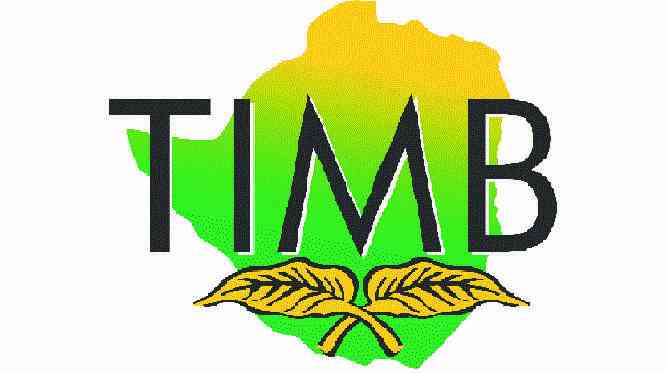
TOBACCO authorities are intensifying efforts to implement a nationwide biometric security system for farmers to enhance transparency and to protect growers as the nation consolidates production gains.
This initiative follows a record-breaking season, where Zimbabwe’s tobacco production surged to an impressive 352 million kilogrammes.
Tobacco Industry and Marketing Board (TIMB) chief executive Emmanuel Matsvaire said the regulatory body had launched extensive outreach programmes to boost production and ensure all registered farmers are enrolled in the new system.
“These outreach programmes are not limited to biometric enrolment, but also include farmer training on climate-smart production, responsible marketing and the dangers of side-marketing,” Matsvaire told NewsDay in an interview.
“These are being carried out in all tobacco-producing areas.”
Matsvaire said biometric registration was a core TIMB strategy to strengthen accountability in the sector.
“To ensure inclusivity, the board is also deploying mobile registration teams to remote farming communities so that growers who cannot easily access our provincial offices are also registered,” he said.
“At the same time, TIMB is running an awareness campaign on all media platforms educating farmers on the importance of biometric registration.
- Mlalazi chronicles his rags-to-riches story
- Mlalazi returns to roots with a free concert
- Govt opens ChiTown e-passport centre
- Border Timbers targets European markets
Keep Reading
“In addition, TIMB has partnered contractors so that biometric verification becomes a requirement for contracts, loans and inputs, ensuring that only genuine growers benefit from the system.”
Zimbabwe Tobacco Growers Association president George Seremwe said the partnership was positively impacting farmer security.
“We are also making follow-ups to ensure that contracting companies adhere to the TIMB compliance framework and our members are not short-changed,” he said.
Latest TIMB data highlights Mashonaland Central as the country’s top-producing region, delivering 118 031 750 kilogrammes (kg) of the golden leaf, which accounts for 33,5% of the national output.
Mashonaland West province was in second place with 104 335 526kg (29,6%), while Mashonaland East came third with 75 021 755kg (21,3%).










